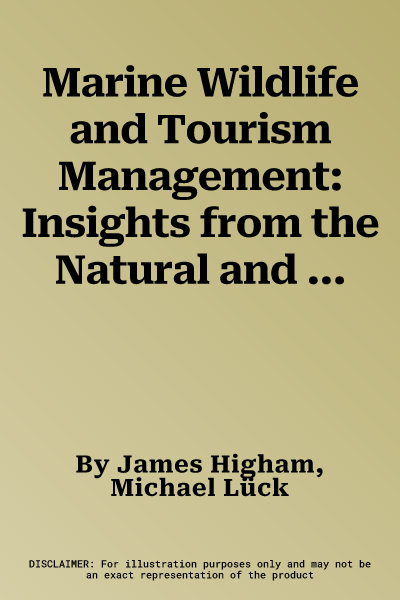James Higham
(Author)Marine Wildlife and Tourism Management: Insights from the Natural and Social SciencesHardcover, 1 August 2008

Qty
1
Turbo
Ships in 2 - 3 days
Only 3 left
Free Delivery
Cash on Delivery
15 Days
Free Returns
Secure Checkout

Print Length
416 pages
Language
English
Publisher
Cabi
Date Published
1 Aug 2008
ISBN-10
1845933451
ISBN-13
9781845933456
Description
Product Details
Authors:
Book Format:
Hardcover
Date Published:
1 August 2008
Dimensions:
24.77 x
17.48 x
2.54 cm
ISBN-10:
1845933451
ISBN-13:
9781845933456
Language:
English
Pages:
416
Publisher:
Weight:
1097.69 gm